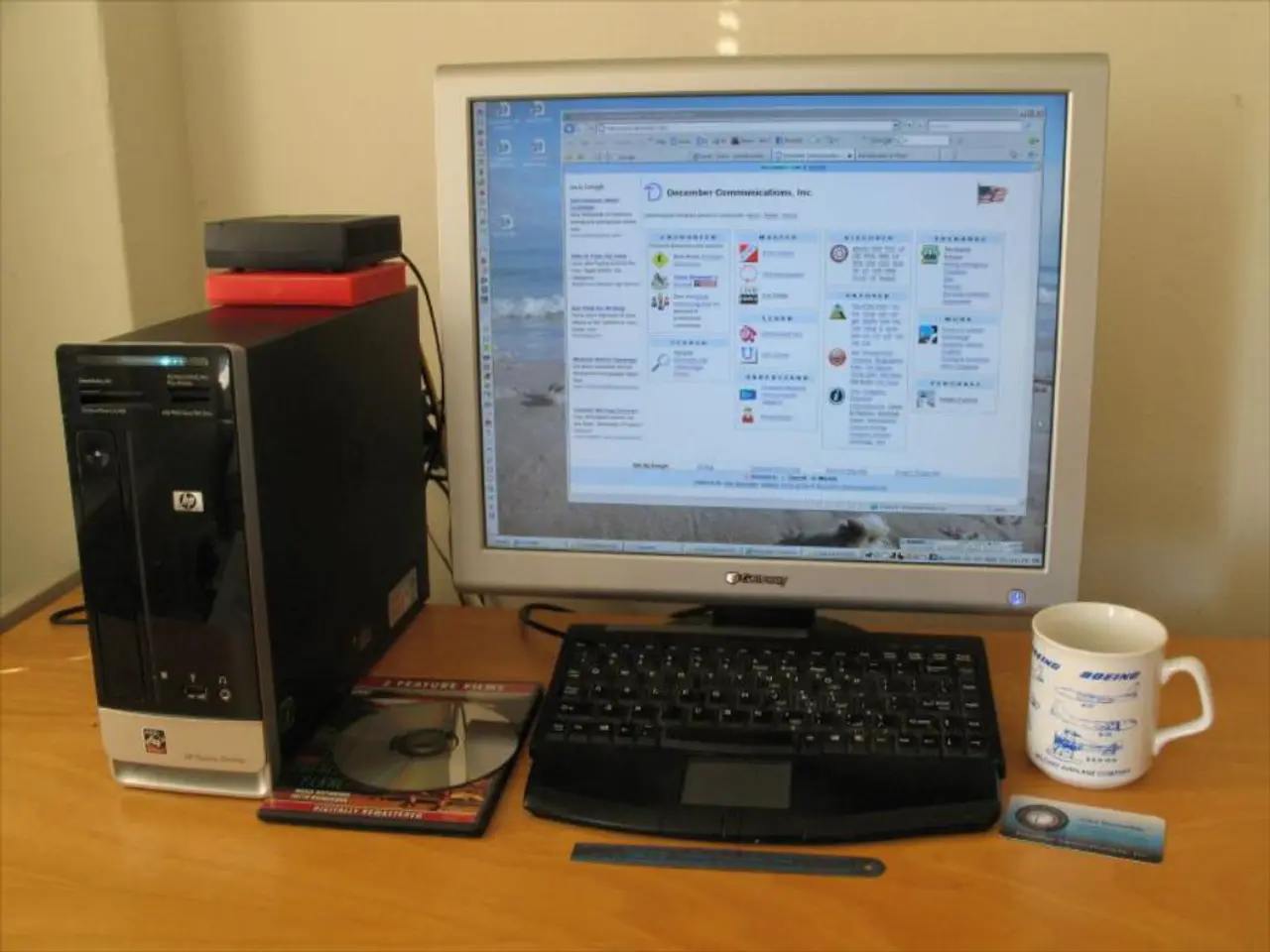Insights Gleaned from the Conflict in Ukraine
In a forum hosted by the Hudson Institute think tank, former CIA director and retired US Army general David Petraeus shared insights on how Taiwan can learn from Russia's invasion of Ukraine to prepare for potential conflicts with China.
The discussion focused on several key battlefield lessons that Taiwan can adopt to counterbalance numerical and conventional disadvantages, ensure societal resilience, and maximise battlefield effectiveness.
One of the primary lessons is the importance of asymmetric defense strategies. Petraeus highlighted Ukraine's success in resisting a larger invasion through innovative tactics, close coordination between civilian and military sectors, and leveraging modern technology effectively. This comprehensive approach to defense is critical for Taiwan, given its strategic challenges and the increasing pressure from China.
Another crucial lesson is the need for strong civil-military cooperation. Petraeus emphasised the importance of ensuring societal resilience and a unified response to potential threats. He pointed out that Ukraine has successfully maintained the continuity of its defense efforts by improving infrastructure defenses, pre-positioning strategic resources, and establishing a robust social logistics network.
Lastly, Petraeus stressed the importance of exploiting technological innovation and integration to maximise battlefield effectiveness. He noted that the Ukraine war has demonstrated that conflicts will be dominated by the use of uncrewed systems. Taiwan should make large-scale investments in uncrewed systems and algorithm-driven autonomous defense technologies, and improve the protection of critical infrastructure.
In addition to these lessons, Petraeus also highlighted the need for Taiwan to bolster overall societal resilience and wartime preparedness. This includes determining how to effectively stockpile strategic materials, improving the protection of critical infrastructure, and conducting an extensive inventory of its underground defense facilities.
Moreover, Taiwan should diversify energy sources and comprehensively improve its energy resilience to address potential energy disruptions and material shortages during a cross-strait conflict.
Petraeus's analysis of the Ukraine conflict is part of broader discussions on the future of warfare and regional security dynamics involving Taiwan. Taiwan must establish a defense posture that conveys its resolve to resist, while deepening defense cooperation with allies, to ensure deterrence power is sufficient to prevent a potential invasion.
In light of China's close observation of developments in Ukraine, it is crucial that Taiwan take note of these battlefield lessons and prepare accordingly. By adopting these key lessons, Taiwan can strengthen its defense capabilities and increase its chances of resisting any potential threats in the future.
[1] Hudson Institute, (2023). Lessons for Taiwan from Ukraine's Resistance: Asymmetric Defense, Civil-Military Cooperation, and Technological Innovation. [Online]. Available: https://www.hudson.org/research/17303-lessons-for-taiwan-from-ukraines-resistance-asymmetric-defense-civil-military-cooperation-and-technological-innovation [3] Chung-Hua Institution for Economic Research, (2023). Taiwan's Defense Strategy in the Face of a Potential Chinese Invasion: Lessons from Ukraine's Resistance. [Online]. Available: https://www.chier.org.tw/en/publications/10923-taiwans-defense-strategy-in-the-face-of-a-potential-chinese-invasion-lessons-from-ukraines-resistance [5] The Diplomat, (2023). Taiwan's Defense Strategy: Lessons from Ukraine's Resistance. [Online]. Available: https://thediplomat.com/2023/02/taiwans-defense-strategy-lessons-from-ukraines-resistance/
- Taiwan should prioritize adopting asymmetric defense strategies, much like Ukraine's success in resisting a larger invasion, by leveraging modern technology effectively, and ensuring close coordination between civilian and military sectors, to counterbalance numerical and conventional disadvantages with China.
- To ensure societal resilience and a unified response to potential threats, Taiwan should follow Ukraine's example by improving infrastructure defenses, pre-positioning strategic resources, and establishing a robust social logistics network, as well as diversifying energy sources and comprehensively improving energy resilience to address potential energy disruptions during a cross-strait conflict.




